New Scientist covers the latest developments in science and technology that will impact your world. New Scientist employs and commissions the best writers in their fields from all over the world. Our editorial team provide cutting-edge news, award-winning features and reports, written in concise and clear language that puts discoveries and advances in the context of everyday life today and in the future.
Elsewhere on New Scientist
Disentangling depression • We may be entering a bold new era in the treatment of this debilitating condition
New Scientist International Edition
Clash over coal • Police in Germany removed activists protesting the planned expansion of a coal mine after the government gave the go-ahead, reports Madeleine Cuff
El Niño may push us past 1.5°C mark • A predicted shift in the world’s climate pattern would increase the global average temperature
Tonga eruption will have short-term warming effect
Analysis Climate action • What will happen if we pass the key 1.5°C milestone? A single year above 1.5°C of global warming won’t mean we have failed to meet the tougher Paris goal, but the political fallout would still be huge
Warmer egg incubators make male chicks more sociable
Scientific journals overly print papers by their own editors
Ultrasound rejuvenates cells • Treatment with low-frequency ultrasound has restarted cell division in ageing human cells and reinvigorated old mice, reports Michael Le Page
Ranchers in the US test virtual fences to track and move cattle
Supermassive black hole keeps snacking on the same star
Exxon predicted climate change • Scientists working for the oil company in the 1970s foresaw how the planet would warm
Trilobites used trident-like horns to fight over mates
Analysis Artificial intelligence • Should schools ban AI chatbots? Many educators want to limit access to these powerful tools, but some say it would be better to make them part of the curriculum, finds Jeremy Hsu
Chocolate’s melting mouthfeel depends on fatty exterior
One brain network may be involved in six different mental health conditions
Protected areas fail to stop loss of insects and spiders
Analysis Public health • Is it time to ban gas stoves? There is mounting evidence that cooking on gas creates dangerous indoor air pollution and authorities are starting to take notice, finds Madeleine Cuff
Genetic tracking scheme for viruses could warn of dangerous outbreaks
Lizards learn to fear wildfire more than predators
Huge iceberg breaks away from ‘doomsday glacier’
Our galaxy seems to be missing half of its regular matter
Wrinkles reduced by mRNA injections
Vaginal swabs could predict preterm birth
Largest flower found frozen in amber is a new species
Really brief
Time for a drink? • Most hospitals ban all drinks for 2 hours before surgery, but there is growing evidence these guidelines are out of date, says Clare Wilson
This changes everything • If planets could talk My new novel looks at what it means when a planet becomes a character in the story. I spoke to some scientists to see how this might work, says Annalee Newitz
Zooming in
Your letters
The inner challenge • Meditation seems to divide people into converts and questioners. Former sceptic Jonathan R. Goodman discovers a book that changes his mind
The flames within • A fascinating primer explores the crucial role of inflammation in our bodies and how it can go awry, finds Grace Wade
Don’t miss
The TV column • Rise of the killer fungi A deadly Cordyceps fungus is key to the plot of The Last of Us, a hit video game adapted into a TV show. From Hannibal to Whitechapel, such...

 Jan 18 2025
Jan 18 2025
 Jan 11 2025
Jan 11 2025
 Jan 04 2025
Jan 04 2025
 Dec 28 2024
Dec 28 2024
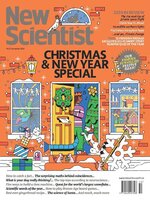 Dec 14 2024
Dec 14 2024
 Dec 07 2024
Dec 07 2024
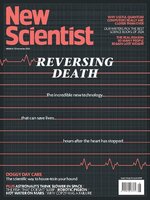 Nov 30 2024
Nov 30 2024
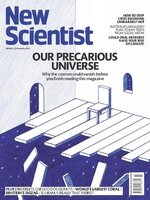 Nov 23 2024
Nov 23 2024
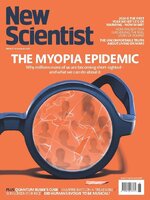 Nov 16 2024
Nov 16 2024
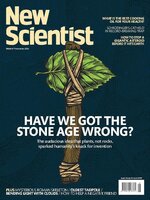 Nov 09 2024
Nov 09 2024
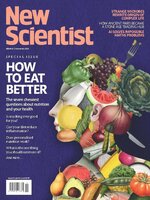 Nov 02 2024
Nov 02 2024
 Oct 26 2024
Oct 26 2024
 Oct 19 2024
Oct 19 2024
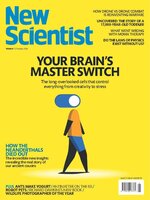 Oct 12 2024
Oct 12 2024
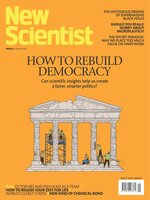 Oct 05 2024
Oct 05 2024
 Sep 28 2024
Sep 28 2024
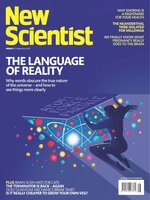 Sep 21 2024
Sep 21 2024
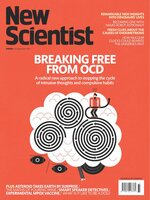 Sep 14 2024
Sep 14 2024
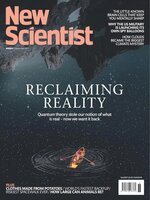 Sep 07 2024
Sep 07 2024
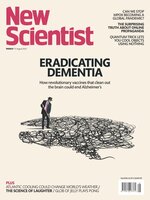 Aug 31 2024
Aug 31 2024
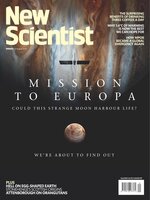 Aug 24 2024
Aug 24 2024
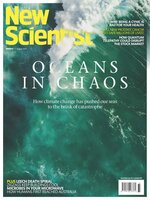 Aug 17 2024
Aug 17 2024
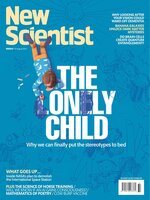 Aug 10 2024
Aug 10 2024
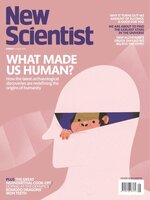 Aug 03 2024
Aug 03 2024
